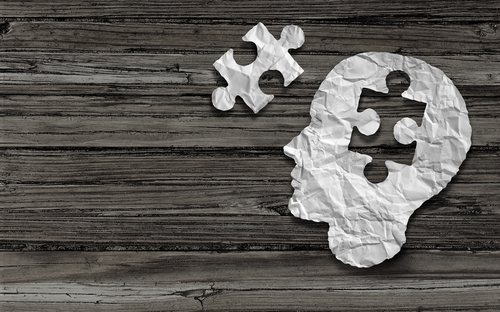Hormone Klotho Boosts Cognition in Mouse Models of Alzheimer’s and Parkinson’s, Study Shows
Written by |

The naturally occurring hormone klotho improved cognition in mouse models of Alzheimer’s and Parkinson’s disease, according to a University of California medical center study.
Researchers said the findings could lead to new therapies for the neurological disorders.
The study that the team published in Cell Reports was titled “Peripheral Elevation of a Klotho Fragment Enhances Brain Function and Resilience in Young, Aging, and α-Synuclein Transgenic Mice.”
Klotho, produced in the brain and kidneys, helps regulate several processes that affect life span. These include the production of other hormones.
Scientists know that levels of klotho decrease over time. They also know that chronic stress and neurodegenerative diseases can decrease the hormone’s levels.
Boosting levels of klotho improved nerve-cell resilience and cognition in mice and humans, regardless of age, previous studies showed.
The University of California at San Francisco researchers decided to see if klotho could improve cognition in mice with neurodegenerative disorders. They injected a fragment of the protein into mice with Alzheimer’s and Parkinson’s. Then they tested the animals’ cognition, including their learning and memory.
Four days of klotho significantly improved young mice’s cognition, an effect that was sustained for more than two weeks. Older mice showed cognitive improvement only two days after receiving a single dose of the protein.
Klotho also improved cognitive and movement impairment in mouse models of neurodegenerative disease. Researchers injected the animals with toxic alpha-synuclein protein to create the disease model.
“When the impaired mice were treated with the hormone, they soon experienced the ability to move, learn, and remember better — all in spite of the high levels of toxic proteins in their brains,” Dr. Dena Dubal, who led the study, said in a news report written by Ana Sandoiu.
“The klotho treatment increased the ability of their brains to withstand and even reverse effects of pathogenic proteins already present,” said Dubal, an associate professor of neurology. “It boosted their brain resilience.”
Although the team was unable to explain how the klotho fragment generated the beneficial effects, they speculated that the hormone signaled the brain to increase its activity to counter the effects of the toxic protein.
“With our new aging demographic, cognitive dysfunction and lack of mobility are now emerging as our biggest biomedical challenges, and there are no truly effective medical therapies for these debilitating problems,” Dubal said. “Our findings suggest that treatment with a klotho fragment enhances brain function across the lifespan and could represent a new therapeutic strategy to boost brain resilience against neurodegenerative diseases like Alzheimer’s and Parkinson’s disease.”





